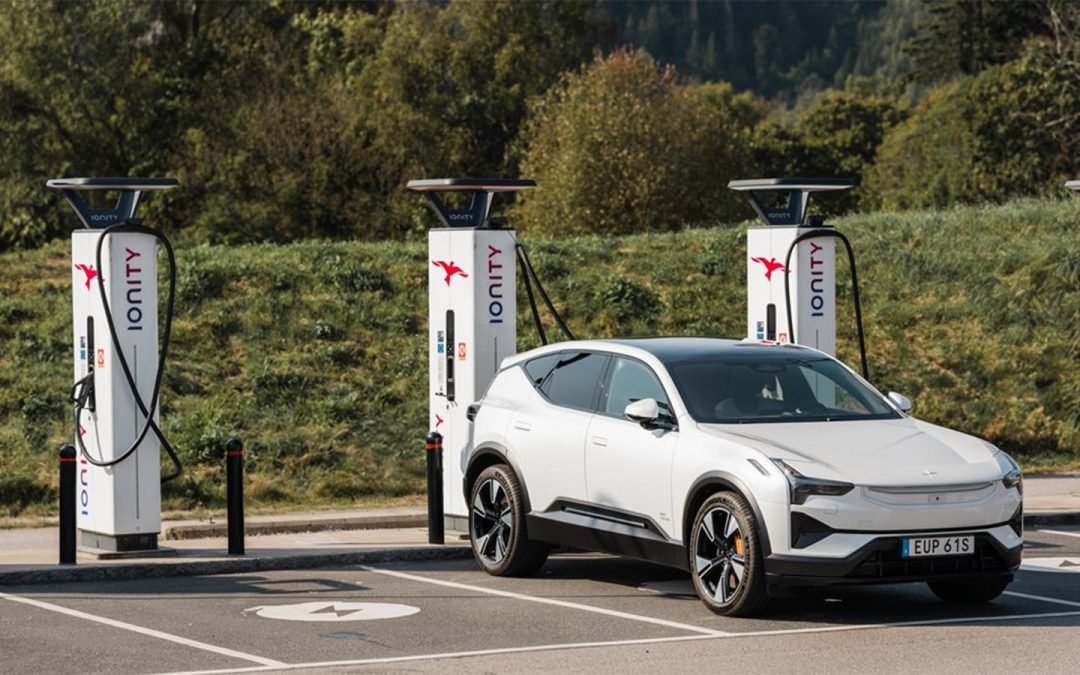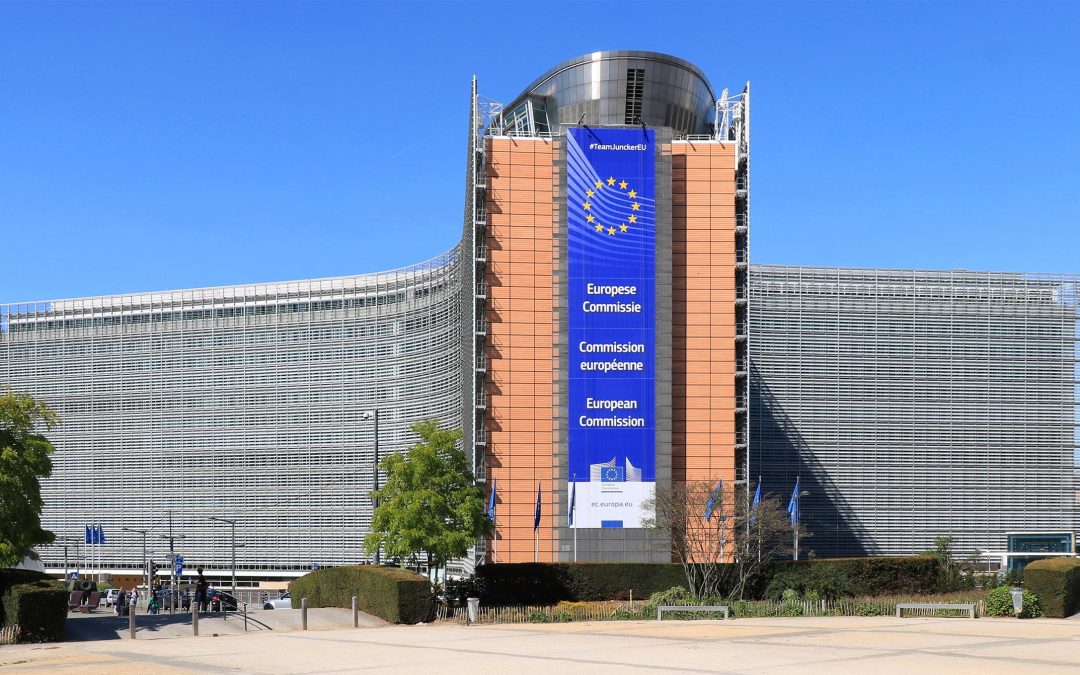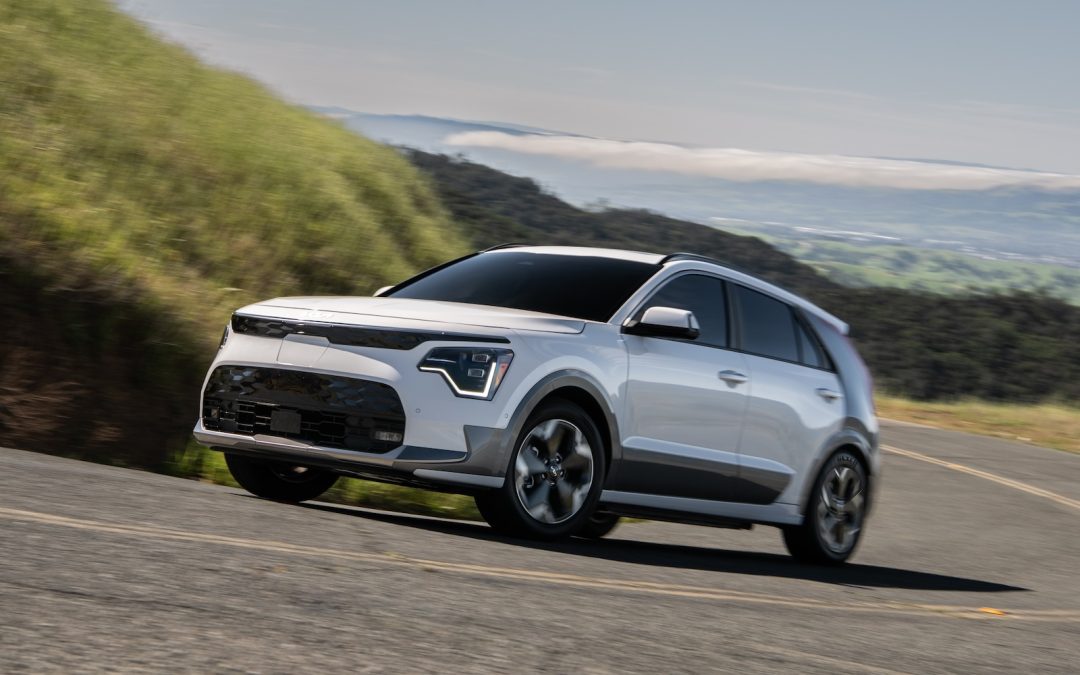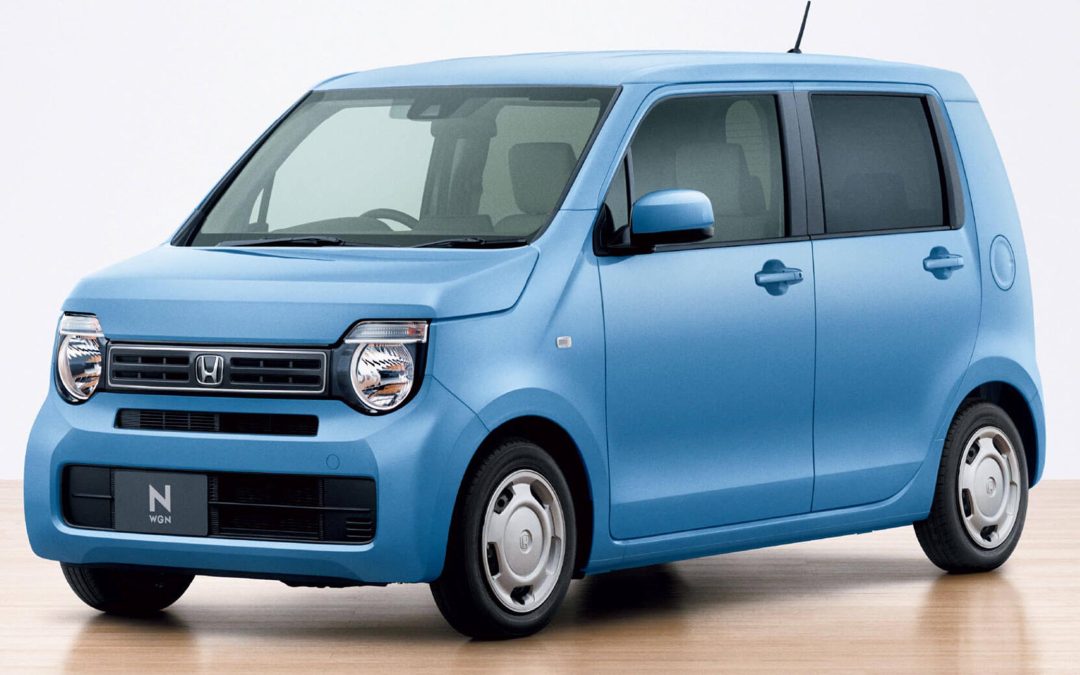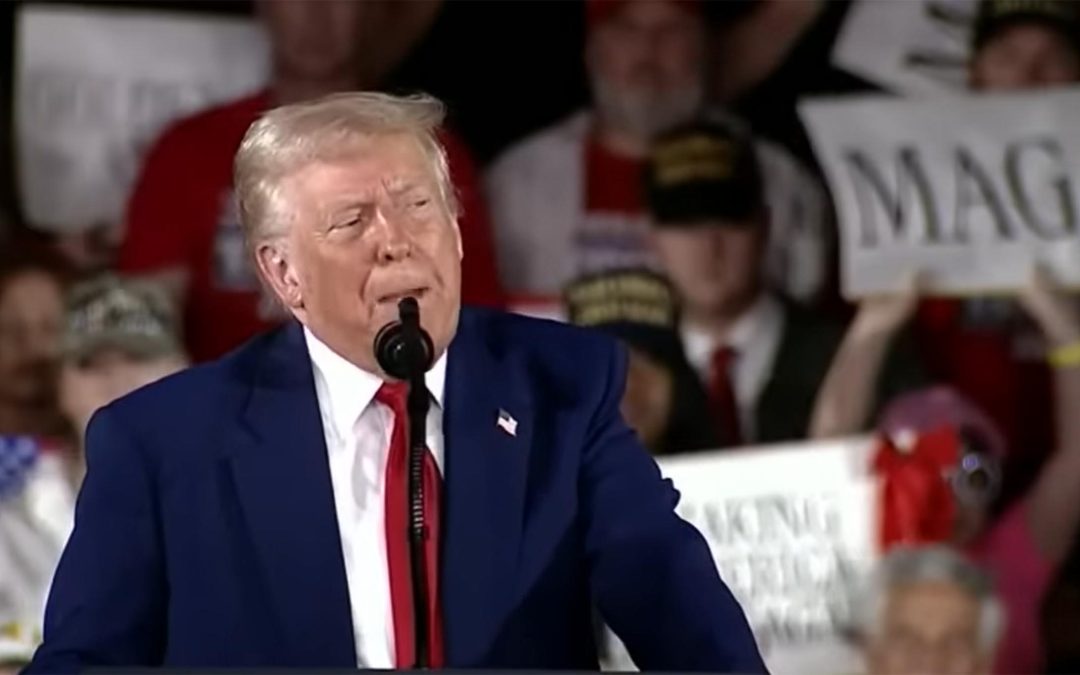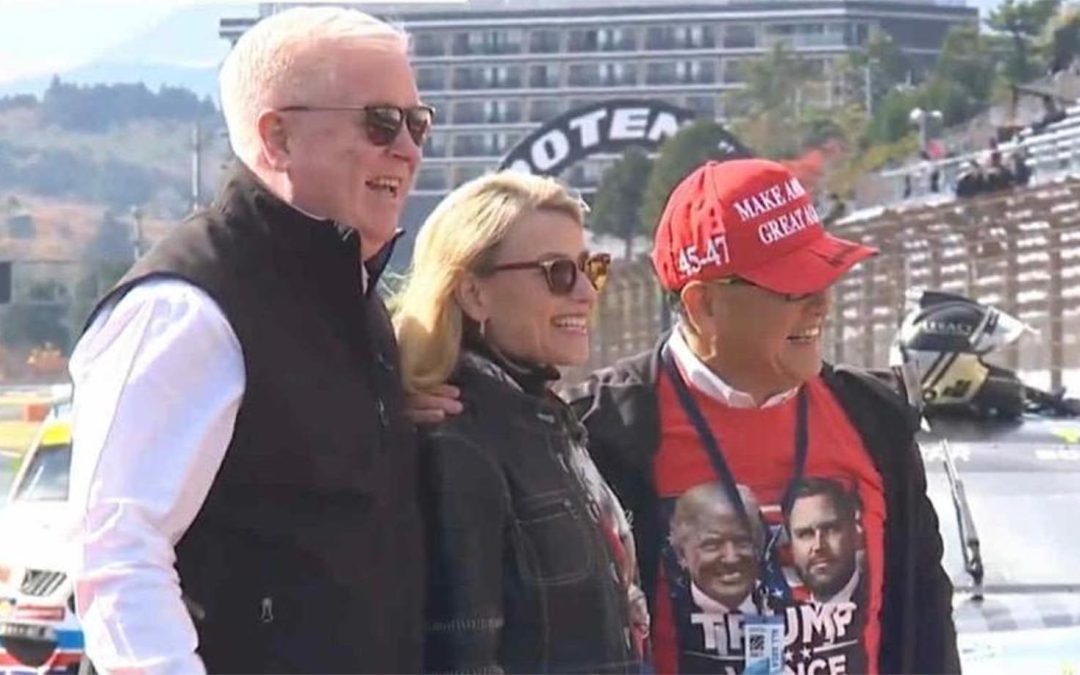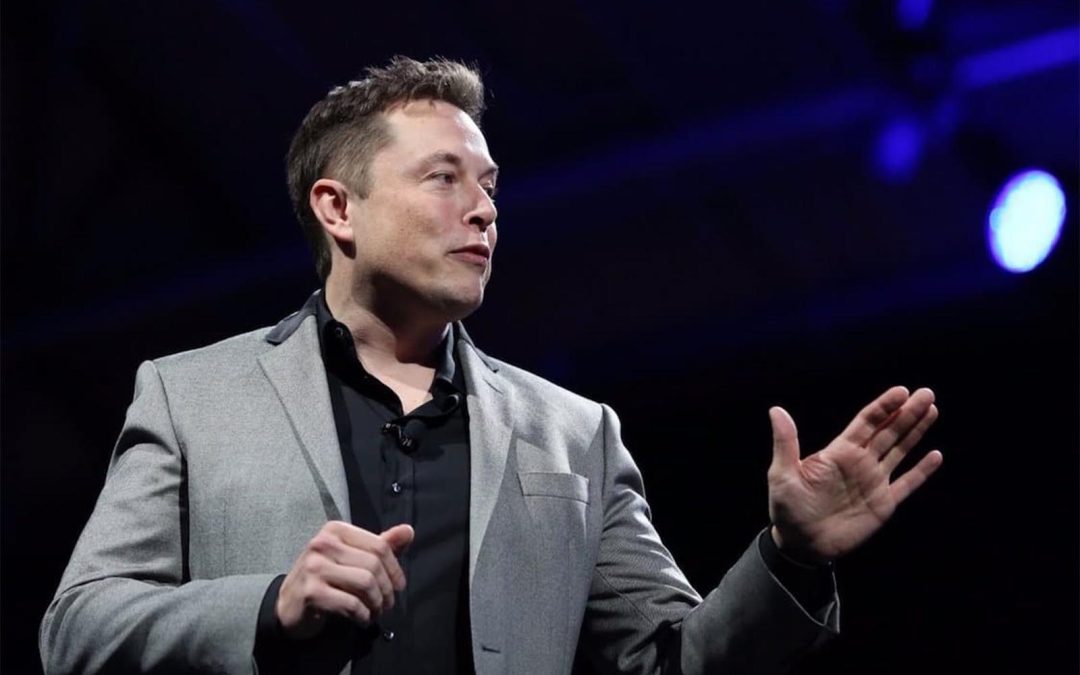The Trump administration’s denial of federal government support for electric vehicles is being challenged in court by attorneys general from 17 states. In the lawsuit led by California, the states contend the administration is withholding funding allocated to build vehicle charging infrastructure. Get details at Headlight.News.
